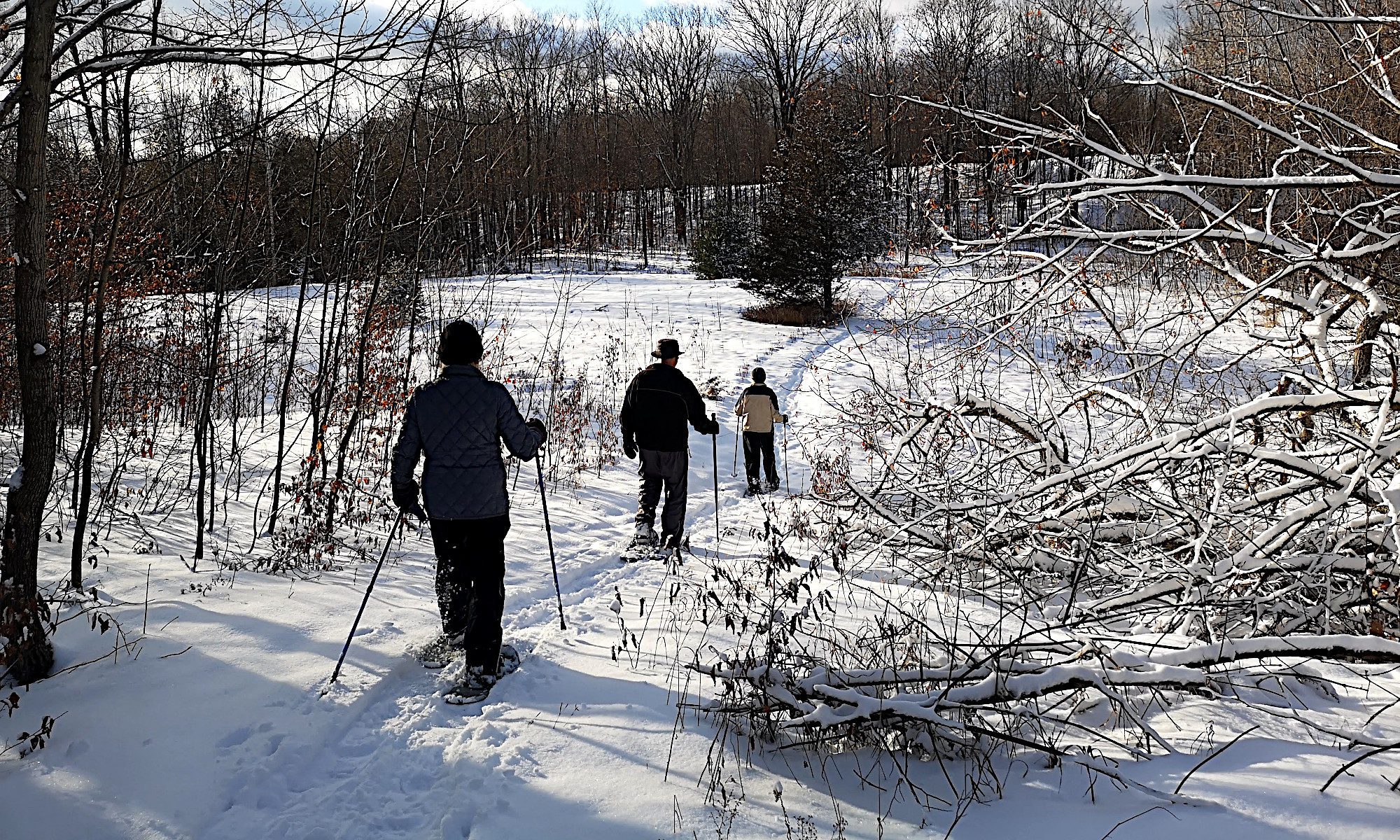
From SFist: Clockwise from top left: Gwen Danielson in a 2019 mugshot; Jack “Ziz” LaSota; Alexander “Somni” Leatham; Emma Borhanian; Felix “Ophelia” Bauckholt; Maximillian Snyder; Michelle Zajko; and possibly Teresa Youngblut from Instagram
I apologize in advance for this post, which may not interest many of you, or may be too meandering and/or inconclusive for others. Some pieces I write for The Torment Nexus involve a topic where I have a clear point of view that has been established over time — copyright and artificial intelligence, the absurdity of the TikTok ban, etc. This is not one of those times. In this case, I’m trying to think through a particular subject, and writing about things helps me think through them in a more logical (one might even say rational) way. You are welcome to join me on this journey, but obviously you don’t have to!
The subject or subjects of this newsletter have been sort of brewing in the back of my mind for some time, but they started to crystallize when I read about what is known as the “Zizian cult,” a group of what appear to be mostly trans women who have adopted n extreme version of Rationalist philosophy, following the writings of someone who goes by the nickname Ziz, for reasons that are unclear. The person with that name was born Jack Amadeus LaSota, and some of her followers — she uses female pronouns — have been implicated in four murders: in one, an elderly man had his throat slit, after previously being stabbed by a Samurai sword; in another case, a young woman allegedly killed her elderly parents in Pennsylvania; and most recently, a US border guard was killed during a shootout in Vermont near the US-Canadian border with Quebec.
You may be wondering what any of this has to do with technology, which is allegedly the domain of this newsletter. What’s interesting to me about the Zizians is that they seem to have taken a philosophical approach that one often finds among programmers and other Silicon Valley types, i.e. Rationalism, and taken it to its logical — and possibly absurd — extreme. Rationalism has been around since Plato’s time, but modern rationalism with a capital R is a relatively recent invention, and was popularized by Eliezer Yudkowsky, who runs a site called LessWrong and co-founded the Machine Intelligence Research Institute. Scott Alexander Siskind, a practicing psychiatrist who writes a blog called Astral Codex Ten, is a prominent member of the community, and Elon Musk, Peter Thiel and others have been or are aligned with it.
Note: This is a version of my Torment Nexus newsletter, which I send out via Ghost, the open-source publishing platform. You can see other issues and sign up here.
Continue reading “How did Rationalism lead to the creation of a murder cult?”


























